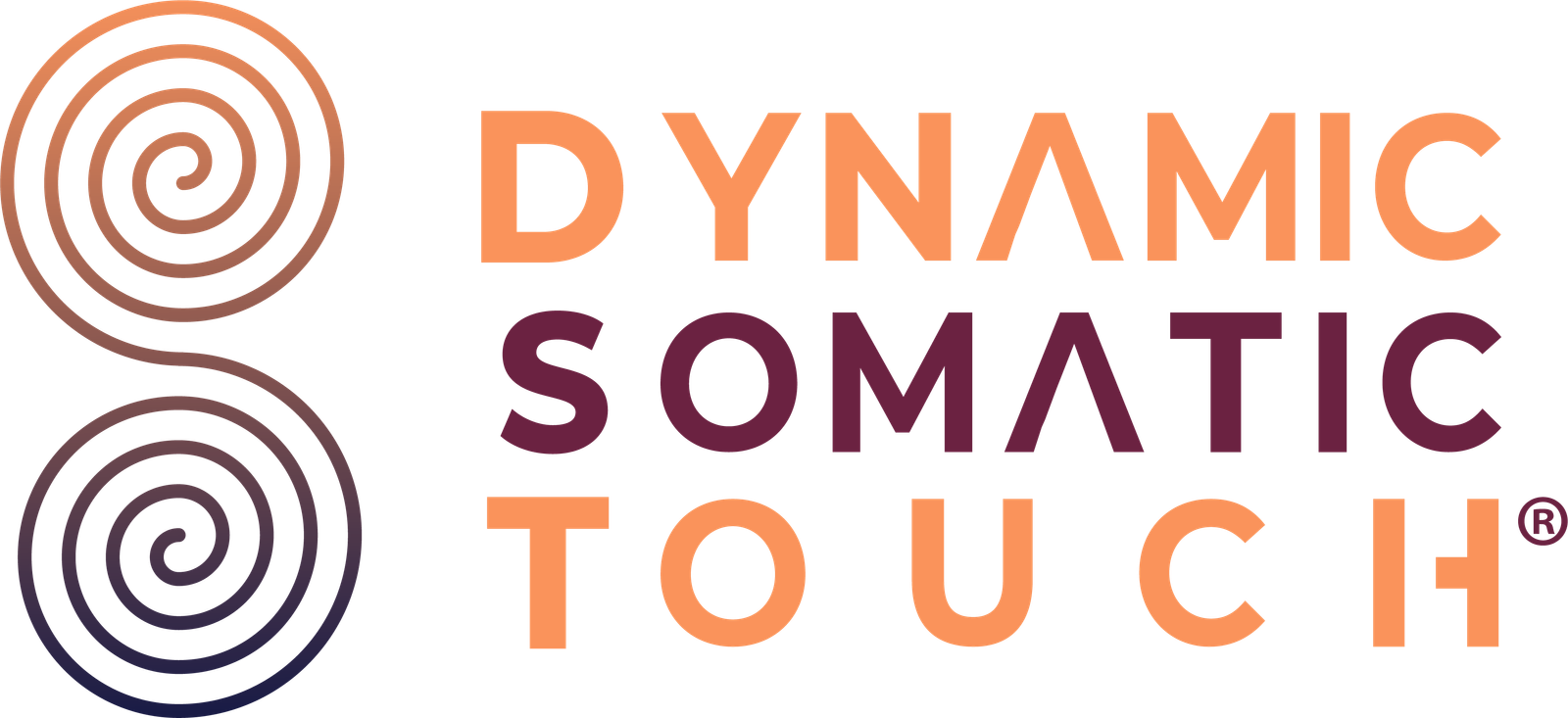
Knowledge empowers You -
Your Body makes it come true
What is DST?
DST is not bodywork but is a form of touch that helps regulate the nervous system. This particular way of working strongly supports resolving bodily and emotional issues resulting from trauma or sacculated stress. It teaches the healer/therapist to rapidly gain confidence and achieve significant results.
Who should learn DST?
Anyone who wants to use simple to touch to achieve accelerated nervous system regulation, which supports resolving bodily syndromes an easing emotional challenges. DST teaches gentle touch and supportive verbal skills to help therapists and healers achieve confidence and improved client outcomes.
Are DST touch skills unique?
Yes. DST is a unique combination of many types of touch practice refined over the last three decades. DST combines the most effective touch approaches to support clients in achieving wellness. Using a novel approach, DST facilitates resolution of overwhelming emotions and physical discomfort. DST provides tools to help therapists and healers at all levels of expertise confidently work with emotional and bodily challenges.
Is DST easy to learn?
Yes. DST can learned by anyone. Trainings are focused on helping practitioners through a gentle and supportive process of learning from basic to advanced forms of touch. DST begins with the simplest touch possible while being present and only then are more advanced skills gradually added.
Do I need to have experience working with touch?
No previous experience with touch or bodywork is needed.
Can DST integrate easily into my current psychotherapy practice?
Yes. DST is perfectly suited for psychotherapists who want to integrate touch into their practice. You will be able to start practicing DST touch after the very first workshop. DST is an open model that can blend with your current practice.
Can DST augment my bodywork or holistic health practice?
Yes. Many issues that clients bring to you have a nervous system component. Resolving these issues with DST will help you attain improved outcomes.
How is DST different than other somatic touch practices?
DST is a unique somatic touch therapy that uses subtle micro movements that listen to and follow the body. This breakthrough in somatic touch therapy greatly improves results. Micro movements in tissues hold the key to moving the health process forward, because they unlock the hidden tension and resistance in the body. DST helps you find what is hidden in plain sight.
Is DST effective in working with trauma?
Yes. DST provides safe tools and supportive touch to help trauma clients stabilize and begin to move forward at reasonable pace. Practitioners can gain skills to help clients contain overwhelming emotional experiences while in the process of therapy. DST is also highly effective in supporting complex trauma resolution.
Does DST always have to involve touch?
DST is a way of being present with another person which may involve touch or may involve connective conversation or both. The touch component could be self touch or touch provided by the practitioner.
Can I practice DST without providing touch?
Yes. DST teaches self touch which can be practiced by a client resulting in outcomes equal to actual touch provided by the practitioner. This is very suitable for online work or if your scope of practice does not allow practitioner touch support.
Can I get certified in DST?
Take the DST Foundations course and start using skills immediately to enhance your practice. Continue with Skill Development, and Individual Practice courses towards certification.
Are courses live or recorded?
Our live online and in person courses are the heart of the DST program. Extra video courses on specialty subjects will also be available to augment your skills and knowledge.
What do live trainings involve?
Live trainings are three day gatherings which involve lecture and hands on practice. Participants will learn self work as well as receiving and providing Totally Present Touch (TPT). Participants will receive DST training materials as well as online review resources.

